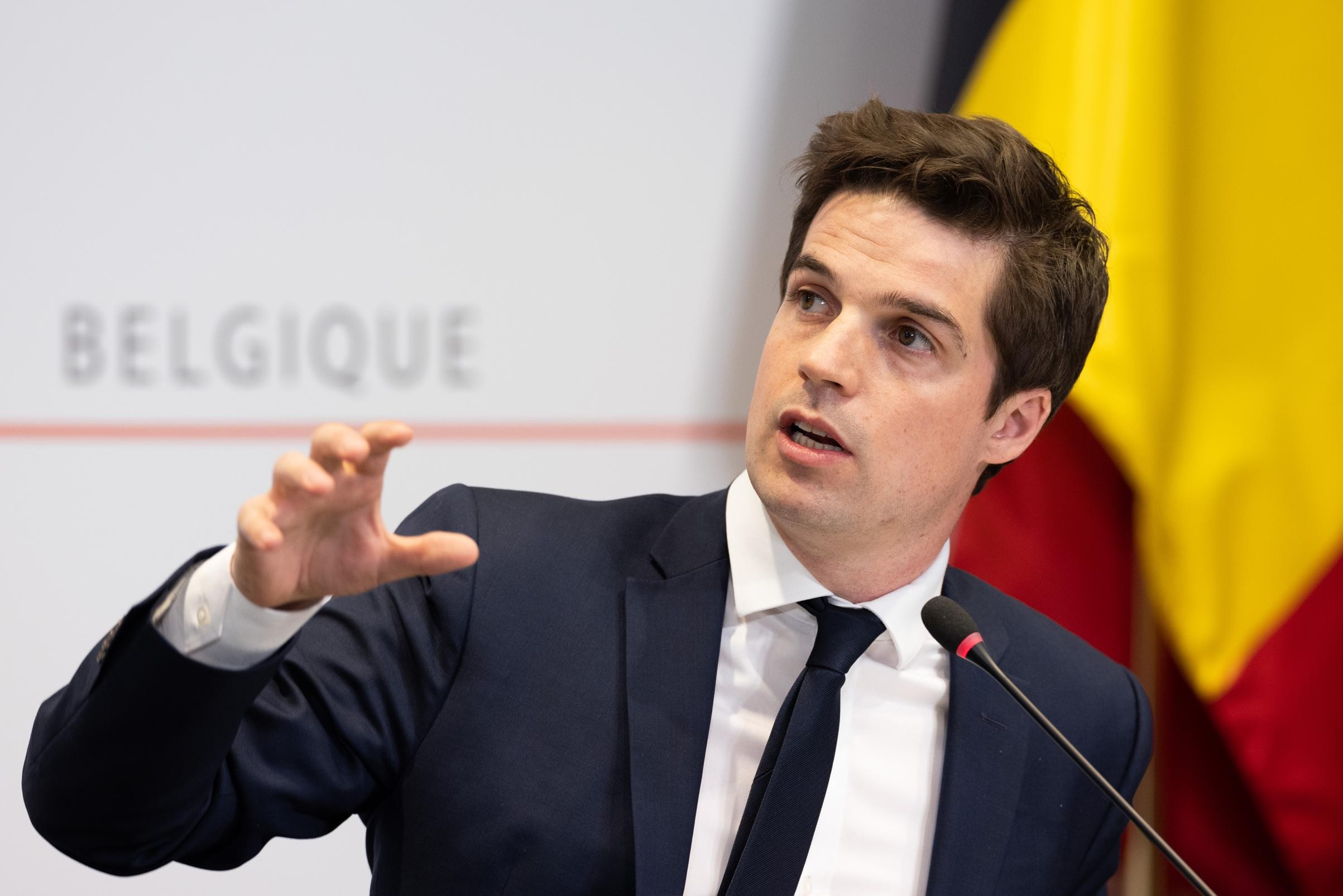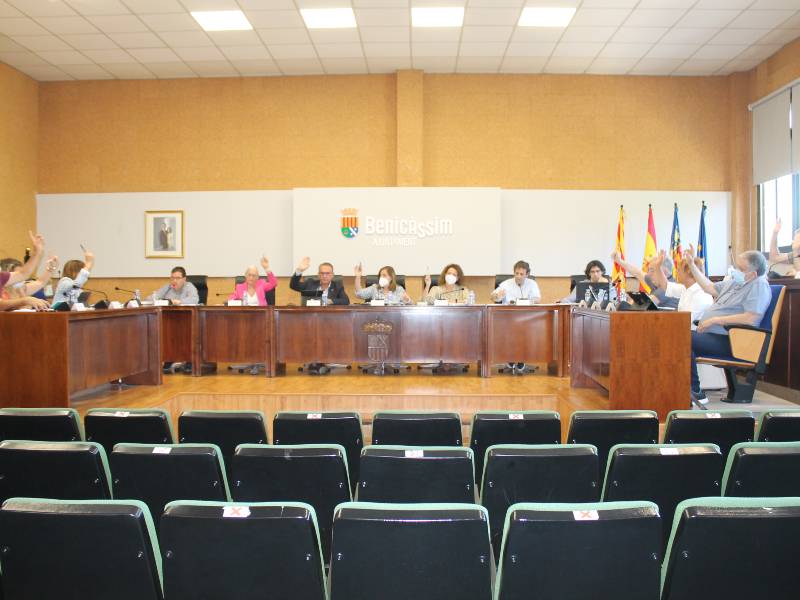Secretary of State for the Relance Thomas Dermine (PS) believes that the money is not distributed fairly — © BELGA
–
For the time being, our federal government does not agree with the European Commission’s plans to get rid of Russian fossil fuels faster. Secretary of State for the Relance Thomas Dermine (PS) believes that the money is not distributed fairly. He says that on Saturday on the Knack website.
–
evdgBron: BELGIAN
Today at 07:41–
The European Commission presented its so-called REPowerEU plan last Wednesday. Less consumption, other import countries and more green energy. Those are roughly the three ways in which the Commission wants to get rid of Russian fossil fuels. The day-to-day management of the EU is earmarking 300 billion euros for this.
REPowerEU is linked to the corona recovery fund that was agreed in the summer of 2020. Member States are expected to update existing recovery plans to claim the new funds. An addendum, they call it in Brussels. In it, the Member States must therefore clarify how they want to get rid of Russian energy sources faster than today.
Three jars
The pennies mainly come from three jars. From the corona recovery fund, there are still 225 billion euros in cheap (but unpopular) loans – only Greece, Spain and Romania have applied for all the loans. In addition, the Commission is shifting more than €34 billion in cohesion and agricultural resources and plans to sell €20 billion in additional European allowances. With such allowances, companies have to pay a price for every tonne of CO2 or equivalent they emit.
As is often the case, the money is a stumbling block. Also for Belgium. “First and foremost, the regions are in danger of evading such cohesion and agricultural resources because of the shift. Secondly, loans are not interesting because they push up our debt, while it is the same Commission that is asking Belgium to review its debt trajectory. And thirdly, more allowances simply mean more emissions and lower emissions prices,” explains Dermine, who emphasizes that he fully supports REPowerEU’s objective.
Calculation method unacceptable
Finally, Belgium does not agree with the national distribution key that the Commission wants to use for the 20 billion in new resources. This is the same as that of the corona recovery fund and takes the economic consequences of the pandemic with reference year 2021 as its starting point. “That is not relevant for REPowerEU. It would be much better to look at the energy dependence of the Member States. In this way, Belgium would receive more than 500 million euros instead of the planned 270 million euros. The proposed calculation method is not acceptable to us,” says Dermine.
On Monday, European heads of state and government will meet at a special summit in Brussels, where the REPowerEU proposal will be further discussed.
—


